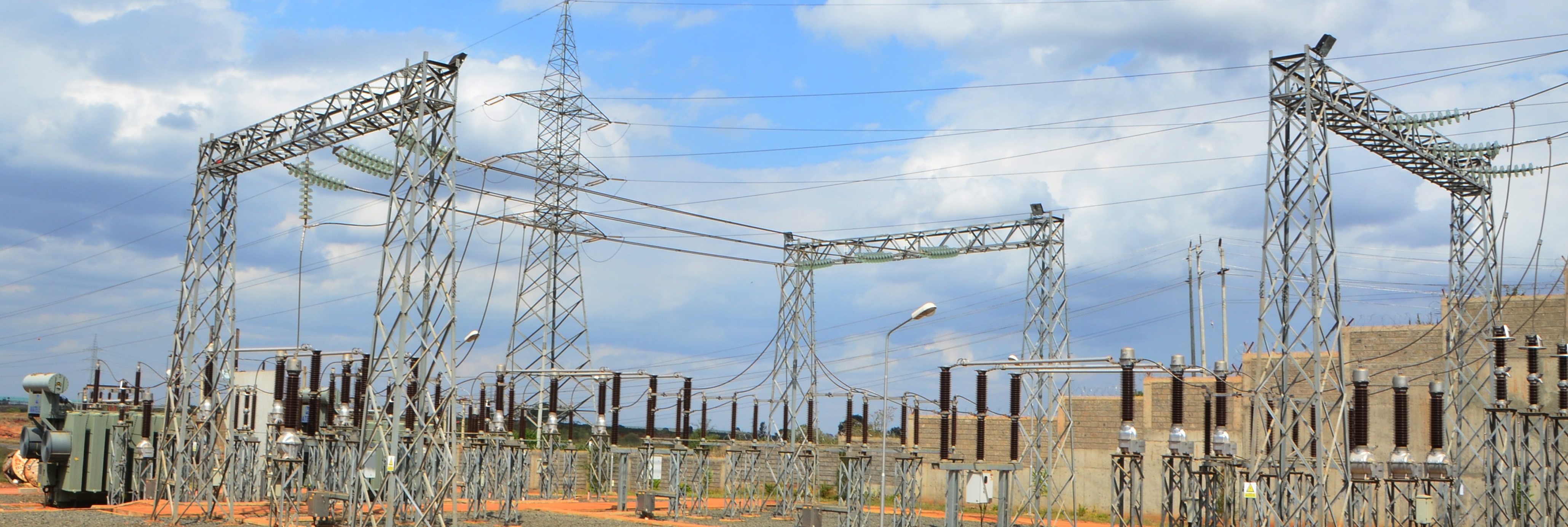
KATT Power Ghana is to develop, construct, operate and maintain a dual fuel power plant with combined cycle in the Western Region of Ghana. The plant, which will run on natural gas as its primary fuel and HFO as its secondary fuel, will have an installed and contracted capacity of 300MW. The facility will be located in Kwekutsiakrom in the Ahanta West District which is approximately 15km away from the main city of Takoradi.
The project is to be developed as an Independent Power Producer (IPP) selling power under a 20-year Power Purchase Agreement (PPA) to Electricity Company of Ghana (ECG) which has been signed on November 6th 2015. Ghana’s state electric utility (ECG) will be the sole offtaker of the project.
At commissioning, the facility is expected to be one of the most efficient power plants operating in Ghana. KATT Power’s project will enable the country to reduce its dependency on expensive emergency power and thus contribute to reducing Ghana’s average generation cost.
Load shedding, or “Dumsor” as they call it locally, is a major issue at the industrial and residential level in Ghana. The country’s economy has been crippled by a lack of power supply which has led to an increase in job losses and a hike in prices of goods and services. At the residential level, some communities are without electricity for up to 12 hours per day which is affecting the nation’s quality of life. The country’s current generation capacity stands at 2500MW and the government is looking to increase that number to 5000MW in the near future. KATT Power will provide base load generation capacity of 300MW to Ghana’s interconnected system which is expected to add flexibility in handling electricity demand as well as to improve the system’s overall stability and reliability.
The project is therefore critical for Ghana to meet its fast growing electricity demand and will alleviate power cuts in the country as well as contribute towards the nation’s goal of ending load shedding and “Dumsor”
Consequently, the combination of reduced electricity costs and greater availability of power are likely to increase the productivity of other sectors in the economy, support new investments and, ultimately enable Ghana’s economy to reach its full potential.

